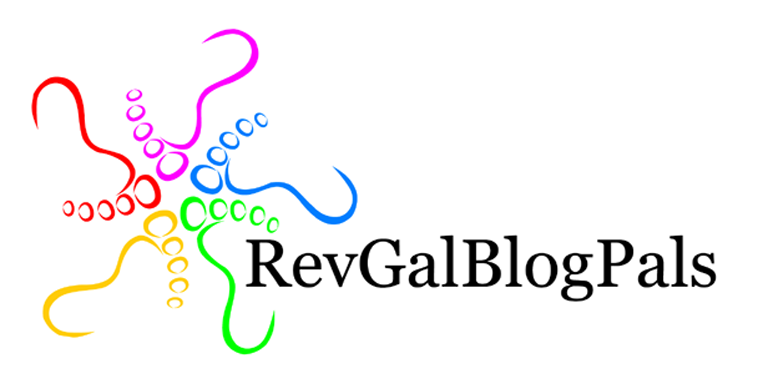Guess what, Dear Readers? Writing With Spirit has syndicated!! No, I don’t mean the New York Times wants to include my pearls of wisdom in a regular column, I mean that I am going to run occasional words of wisdom from another source called EarthTalk, which is affiliated with E Magazine. Don’t worry, no money is changing hands in this transaction, because God forbid I should make any money from my writing habit, right?
Couple of reasons I’m sharing these posts: First, I want to keep learning and sharing information about what we can all do about the climate crisis. Plus, this will encourage me to blog more regularly. EarthTalk (ET) publishes a longish Q&A every day, but I’ll just share excerpts when the mood strikes me. Their words are in italics, mine are not.
The question today is whether wealthier people generate more carbon pollution than lower income people. As a person who follows Jesus, I’m particularly interested in the justice implications of climate disruption, the roles of wealth, poverty, and race in our planetary crisis. So this column seems like a good one to start with.
Read these statistics slowly, they represent human beings:
Yup, Wealthy People are Most Responsible
for Our Climate Crisis
The richest 10 percent of humanity was responsible for 52 percent of global emissions between 1990 and 2015. The richest one percent alone produced 15 percent of global emissions, more than double that of the entire poorest half of humanity. This phenomenon is called emissions inequality: Wealthier nations and individuals emit excessively large amounts of greenhouse gases, while poorer nations and individuals suffer the bulk of the consequences.
The result is that pollution is harming those least responsible—and least equipped to combat its effects—more severely than those who are most to blame. In the United States, this is partially a result of systemic racism. Polluting factories and power plants have overwhelmingly been built near non-white and poor communities, which often lack adequate resources to resist powerful corporations.

Global income data tracks closely with emissions data: The World Inequality Lab’s 2022 report found that the wealthiest 10 percent earn 52 percent of all income, while the poorest half of all people earn just 8.5 percent. Why does wealth correlate so closely to emissions? On an individual level, people with more wealth are more likely to own cars, travel by airplane and own big homes that consume lots of energy.
From here, EarthTalk offers information on the stock market and how that affects climate investments. Bottom line: environmental benefits often take time to show a profit, so actions like reorganizing for a greener supply chain aren’t attractive to corporations that want an immediate payoff to stockholders. ET also recommends green investments if you do buy stocks. Check out Good With Money.
EarthTalk concludes:
Still, the blame for greenhouse gas emissions falls squarely on the shoulders of corporations and governments, not individuals. While many companies have taken modest steps to reduce pollution, overall emissions are still increasing and will likely stay that way until the governments of major polluters like the U.S., China and the European Union force companies to transition away from fossil fuels. Until then, the wealth gap will continue to grow, and emissions inequality will grow along with it.
I do not disagree with this. In the end, it’s going to take strong action by our governments. And that means we need to elect leaders who prioritize climate action. But I don’t want to let us off the hook. There are plenty of ways for individuals to make a difference. Conservation and lifestyle changes add up. And unless you keep your money under a mattress, you can help by joining the movement to stop banks from supporting fossil fuel production. Did you know that since the Paris Accord was signed, these guys have given more than THREE TRILLION BUCKS to fossil fuel corporations? Check out this action by Third Act to hold the biggest banks accountable. https://thirdact.org/what-we-do/bug-the-banks
* * *
CONTACTS: Carbon emissions of richest 1 percent more than double the emissions of the poorest half of humanity, oxfam.org/en/press-releases/carbon-emissions-richest-1-percent-more-double-emissions-poorest-half-humanity; World Inequality Report 2022, wir2022.wid.world/www-site/uploads/2021/12/Summary_WorldInequalityReport2022_English.pdf; Good With Money, good-with-money.com.
EarthTalk® is produced by Roddy Scheer & Doug Moss for the 501(c)3 nonprofit EarthTalk. See more at https://emagazine.com. To donate, visit https//earthtalk.org. Send questions to: question@earthtalk.org.




